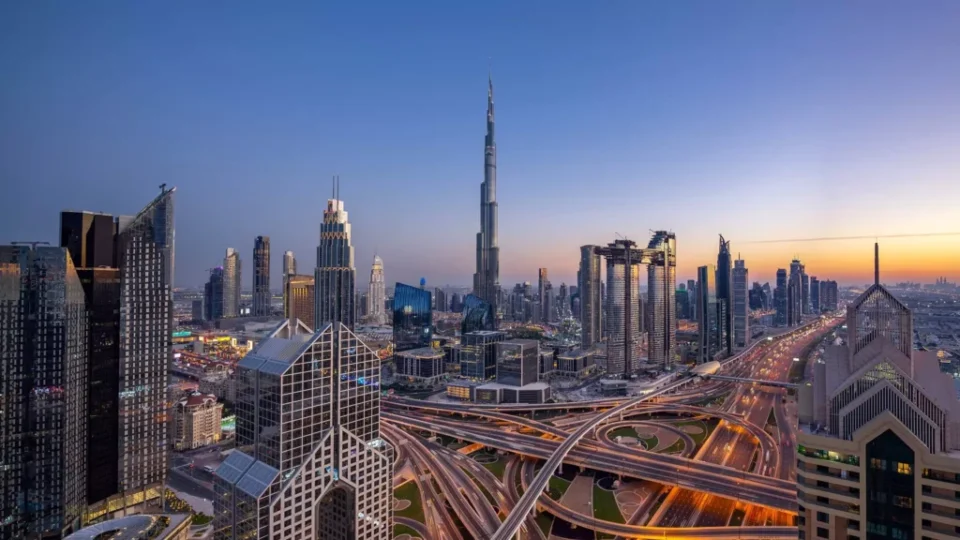The United Arab Emirates has long been recognized as a dynamic commercial gateway bridging East and West. Among the many features that have helped fuel its economic ascent are its business-friendly initiatives, including a legal and regulatory structure that promotes growth, innovation, and foreign investment.
The Rise of Business Zones in the UAE
In response to the global surge in demand for flexible, low-tax environments, the UAE introduced special business zones decades ago. These zones were developed as industry-specific clusters designed to attract international entrepreneurs and corporate entities with simplified regulations, tax advantages, and strategic benefits.
The emirate of Dubai, in particular, has championed this model and built a comprehensive network of zones dedicated to everything from technology and logistics to media, healthcare, and finance.
Why Businesses Are Choosing Dubai
Dubai is not only a global travel hub—it is a strategic business center that offers state-of-the-art infrastructure, safety, lifestyle amenities, and access to international markets. Whether you’re launching a startup or expanding a multinational, the ecosystem here supports rapid scaling and sustainable growth.
The city’s economic diversification plan aligns closely with its infrastructure development, and nowhere is this more evident than in its expansive network of free trade zones.
What Makes Dubai Freezones So Attractive?
Unlike businesses on the mainland, companies established in Dubai Freezones enjoy full foreign ownership, no personal income tax, and zero import/export duties within the zone. These benefits can make a significant difference for startups and SMEs looking to reduce operational burdens and maintain flexibility.
Each free zone typically caters to a specific sector or industry. For example:
-
Dubai Silicon Oasis focuses on tech firms and IT solutions.
-
JAFZA (Jebel Ali Free Zone) caters to logistics and manufacturing.
-
Dubai Internet City supports digital and telecom enterprises.
-
Dubai Healthcare City specializes in medical and wellness services.
These specialized ecosystems offer not only targeted infrastructure but also community support, mentoring programs, and simplified access to industry-specific licensing.
The Business Setup Process in a Freezone
Setting up a company in a free zone is known for being straightforward, especially when compared to other jurisdictions. Although procedures vary slightly from one freezone to another, the core steps remain similar:
1. Choose the Right Freezone
Selecting the correct zone depends on your business activity. Working with a specialized consultant can help determine the best match for your industry.
2. Register Your Business Name
Ensure the name complies with UAE naming conventions and reflects your business’s nature appropriately.
3. Submit Required Documentation
Typically, this includes passport copies, business plans, and shareholder agreements.
4. Obtain Your License
Depending on the nature of your business—commercial, service, or industrial—you’ll receive the corresponding trade license.
5. Lease Office Space
Freezones offer flexible options, including hot desks, dedicated offices, and full-floor facilities.
6. Apply for Visas
Once your business license is approved, you can apply for residency and employee visas through the zone’s administrative authority.
Compliance and Cost Transparency
While the benefits are numerous, it’s crucial to understand the cost structure and compliance requirements involved in establishing and maintaining a business within a freezone. Annual license renewal, lease payments, and employee visa costs should be budgeted for appropriately.
This is where expert advisory becomes vital. Businesses can avoid costly mistakes and regulatory delays by working with a trusted consultancy like Golden Business Zone, which provides end-to-end support for company setup in Dubai Freezones and beyond.
Comparing Freezones vs. Mainland Setup
While freezones offer many advantages, they do come with limitations. For example, most freezone entities cannot directly trade with the UAE mainland without appointing a local distributor. However, for companies focused on international trade, services, or digital products, this is rarely a concern.
In contrast, mainland companies can operate throughout the UAE but often come with higher setup costs and additional regulatory requirements. The choice depends on your business goals, target audience, and growth plan.
Dubai’s Vision and the Future of Freezones
Dubai’s leadership has been proactive in embracing innovation and digital transformation. Recent developments include offering dual licenses (allowing freezone companies to operate on the mainland), streamlined e-government services, and flexible office space arrangements.
Furthermore, several new freezones are emerging to support futuristic industries such as AI, blockchain, fintech, and biotechnology—making it an exciting time to invest in Dubai’s business landscape.
Final Thoughts
Whether you’re a seasoned entrepreneur or a first-time investor, the UAE’s favorable environment, strategic location, and extensive support network offer unmatched potential for growth. Dubai Freezones represent more than just a legal structure—they are ecosystems built for innovation, trade, and global business.
